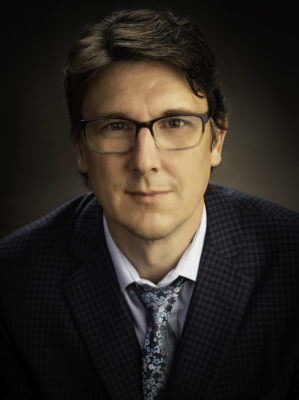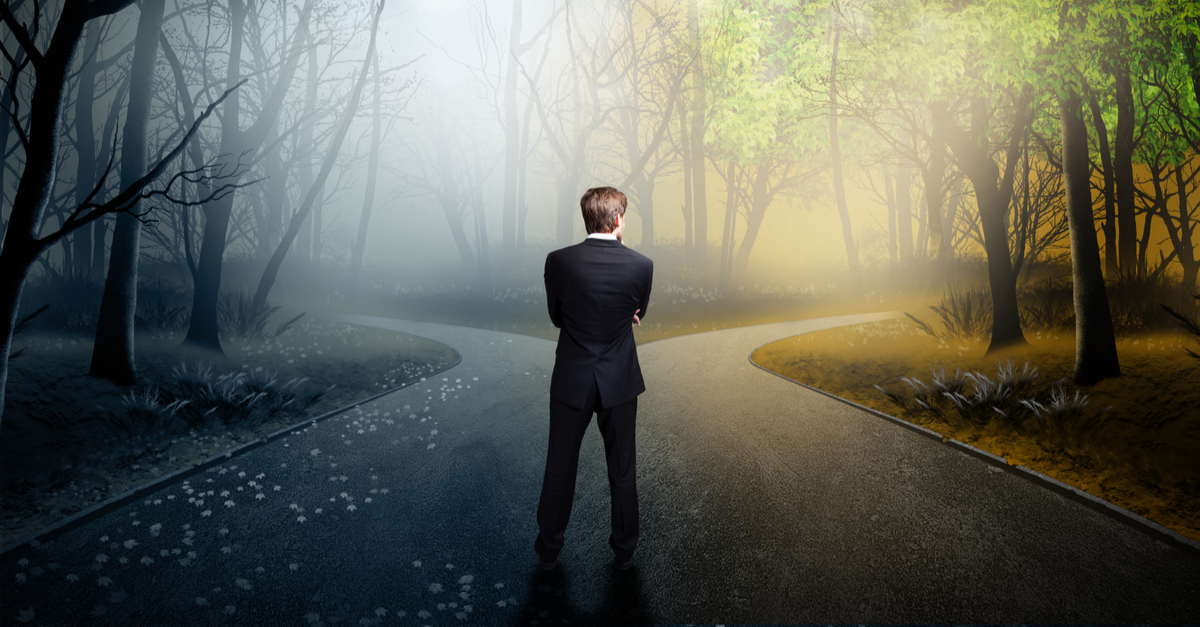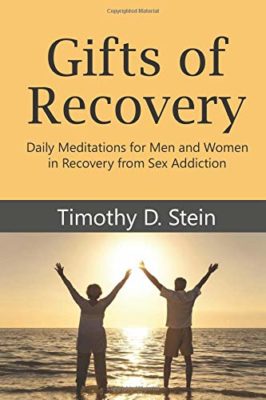 By Tim Stein
By Tim Stein
Meditation from Gifts of Recovery.
History, despite its wrenching pain, cannot be unlived, but if faced with courage, need not be lived again.
–Maya Angelou
The past can be painful. This pain may be connected to traumas we experienced in childhood or painful situations we caused or experienced in our adult lives. We cannot change the past. In recovery, we learn to look at our past, accept it, and move forward with courage so that we do not live it again. Courage in recovery takes many forms. Some of those are rigorous honesty, acknowledging and admitting our character defects, making amends to those we have harmed, vulnerability by admitting our mistakes and struggles, and willingness to face our past traumas. We will always be responsible for the wreckage in our wake, but we need not recreate the past and live it again.
When have I felt pain about my past? Have I run from the pain of my past and ignored advice that was given to me? Have I faced the pain of my past and followed advice? What were the consequences? What gifts await me as I face my past with courage?
* * * * * * * * * *
Those who struggle with addiction carry pain. This may be the aftereffects of significant, abusive trauma. This may be the subtle, yet pervasive, impact of relational trauma. This may be the pain created as a consequence of their own addictive behaviors. Regardless of its origin, this pain sits underneath the addiction and drives the addict’s behaviors.
Wounded healers know this pain well. Because we are addicts in recovery, we have worked to address and heal our own pain. Because we are clinicians, we guide and support our clients on their own healing paths. It is courageous to face this pain and I believe it is a privilege to witness and acknowledge this courageous work in our clients.
When this courageous work is embraced, it is truly life-changing. As Maya Angelou says, “History, despite its wrenching pain, cannot be unlived, but if faced with courage, need not be lived again.” As wounded healers, we are proof that this is true. We no longer live in the painful patterns and chaos that were prevalent in our addiction. Our relationships, whether romantic, family, friendship, or acquaintance, have a quality that was non-existent during our active addiction. Our choices are made in consultation and based in reality. We actively strive for appropriate boundaries and avoid co-dependent caretaking or walled-off independence. We share the possibility of this transformation with our clients through stories or role-modeled examples. Our history need not be lived again.
And yet, the pain of our past does not slink away and disappear forever. It shows up in small ways like embarrassment about the impact our addictive behaviors had on others. It shows up in larger ways, such as compromised functioning due to emotional pain or agitation brought on by life events. While we are not living our past again, the process of healing our pain does not seem to have an endpoint.
When our pain shows up again, the important question is, “Do you embrace recovery or addiction?” “I embrace recovery” is the comfortable answer, but it is not easy. Recovery asks us to acknowledge and feel our pain, acknowledge the impact our pain is having in our life, appropriately share with others what we are going through, seek and embrace guidance from others, and, if necessary, return to active step-work or therapy. This is usually not comfortable. It can also be humbling for a clinician who is guiding others on this same journey. However, like we teach our clients, this is how we face our pain with courage and avoid living our addiction history (by relapse or chaos) again.

